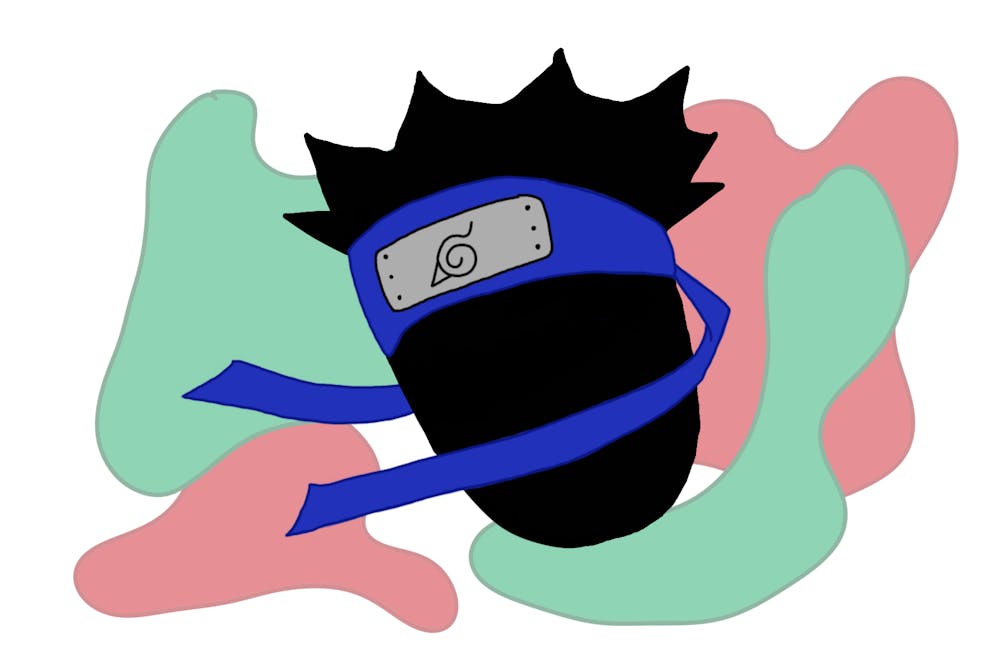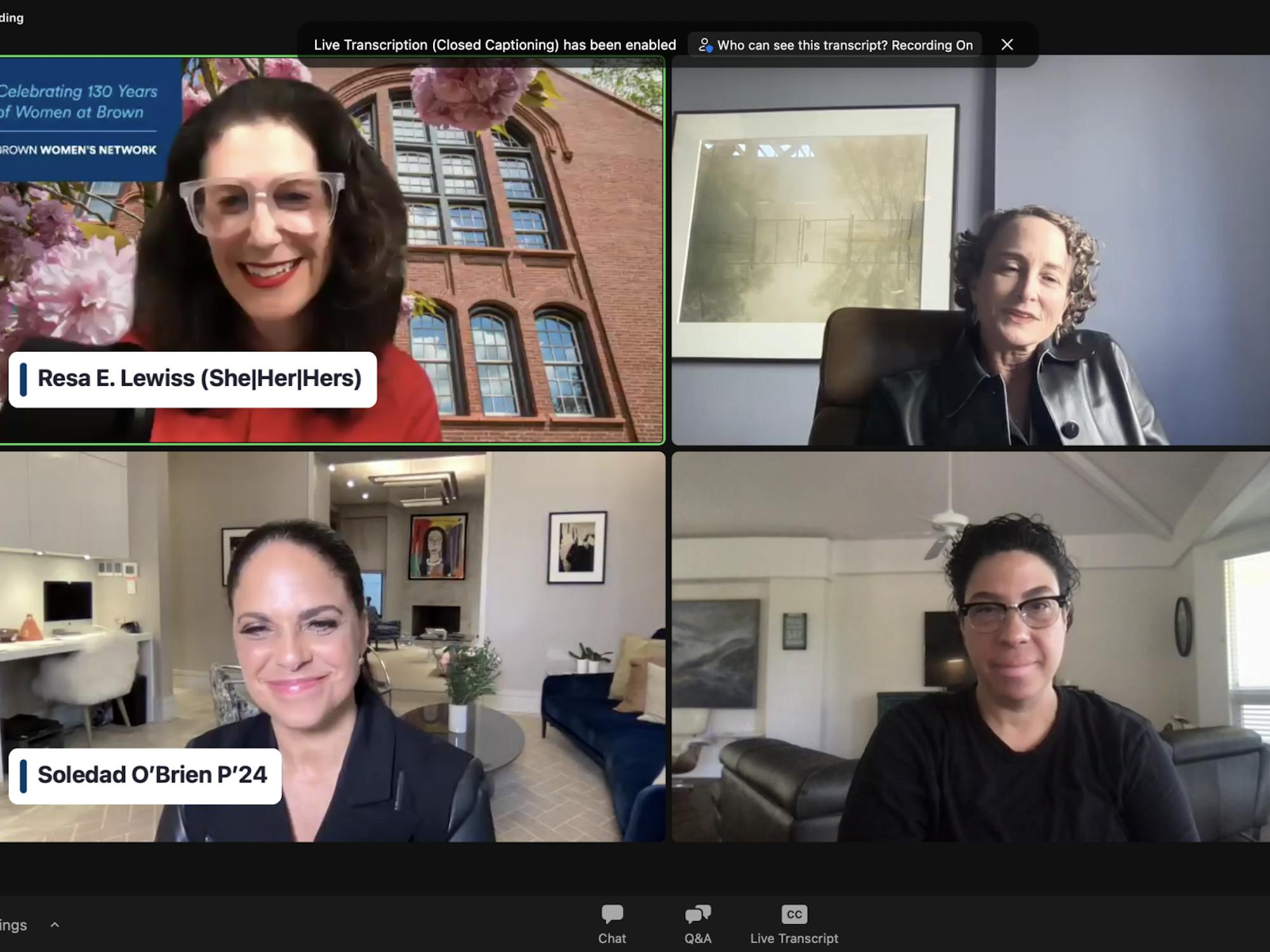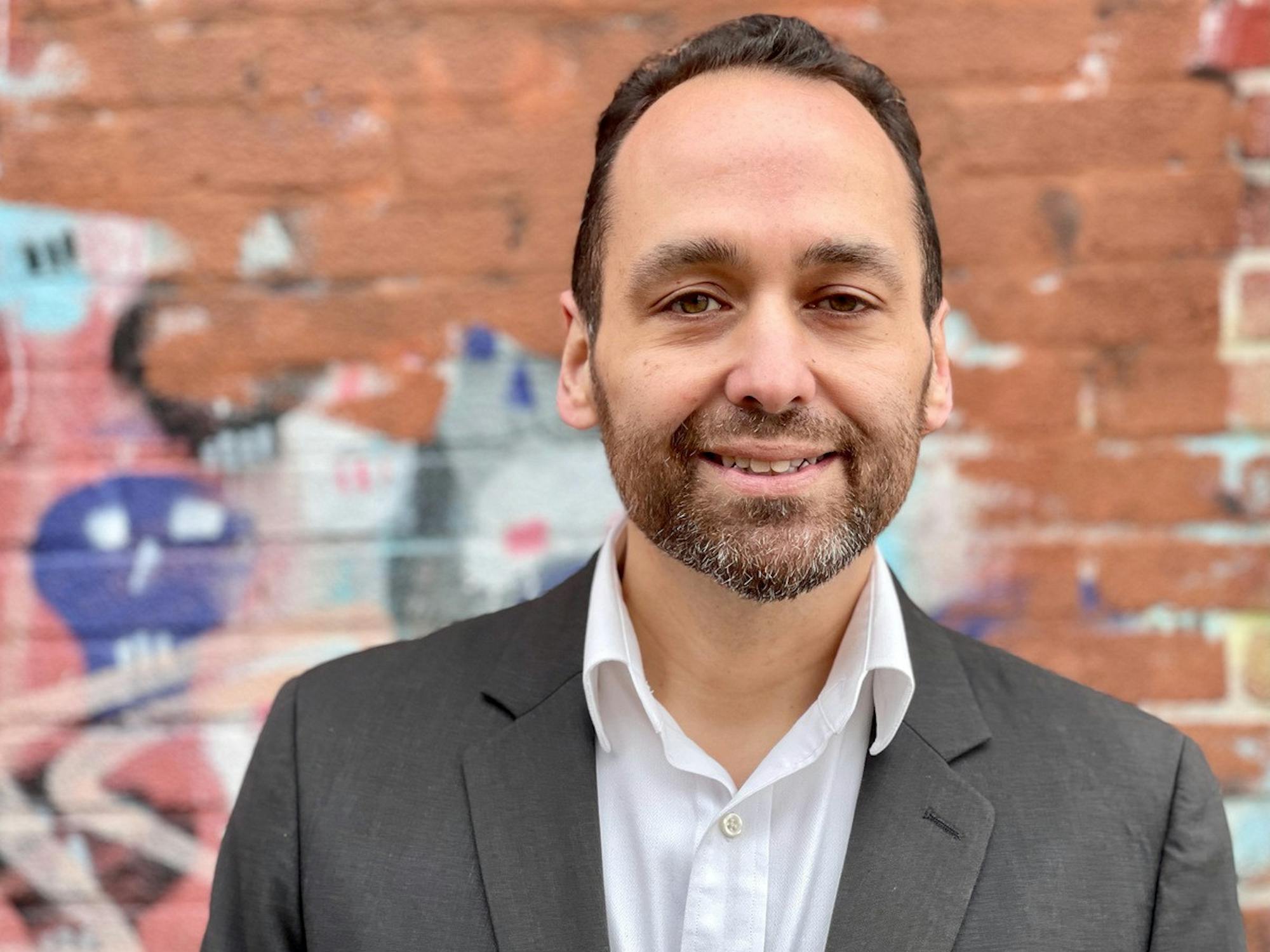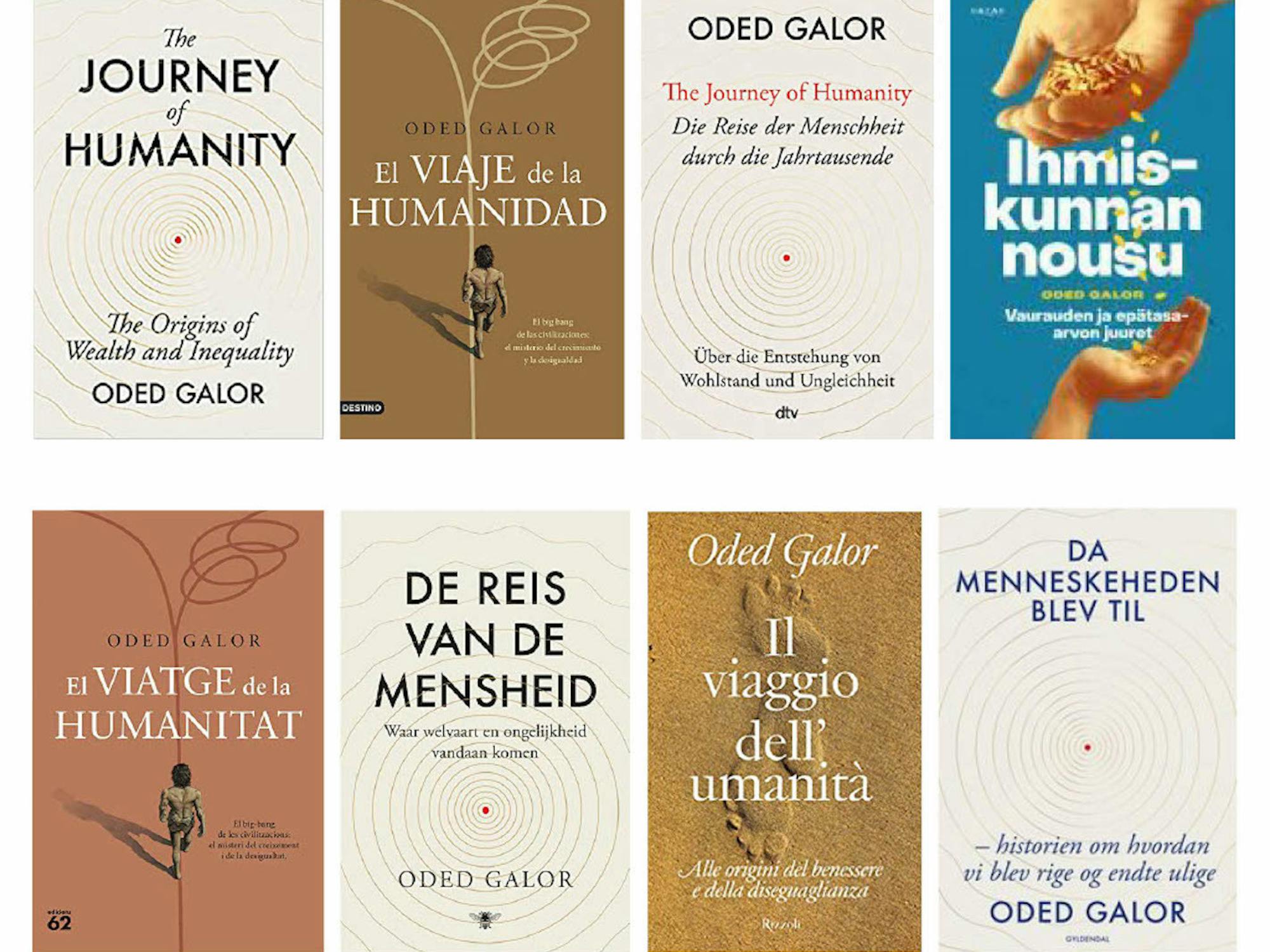From: adi_thatai@brown.edu
Date: 4/1/22
Subject: Re: Re-Finding Fantasy
Dear Adi,
It’s been a year since you wrote Re-Finding Fantasy, that piece about reclaiming your love for speculative fiction after re-reading your favorite fantasy story, Eragon from The Inheritance Cycle. You have a lot of exciting stuff in front of you. You’re going to be an uncle soon, and baby Lily will be the most adorable. You’re going to split your summer between San Francisco and Providence, and you’re going to visit Stockholm at the end. You’re going to get your ears pierced, get closer to some lovely people, and take some really rewarding classes. I don’t want to make you nervous, but you also have a lot of pain in front of you. Kanval Uncle is in the hospital, Daadi falls and her dementia gets worse, and Papa is struggling with his relationship with his siblings. You’re not in a relationship anymore. You’re going to lose Baloo in the fall. It’s going to hurt like hell, and you’re never going to stop missing him. But before he passes, you’re going to carry him to the top of the hill in his favorite dog park one last time, and he’s going to look out over his world with an old sage’s radiant sense of peace. You’re lucky you get to give him that. It’s a lot to spring on you, but honestly, I’m happy with how you respond. You’re going to find something that helps a lot. I don’t want to spoil everything that happens, but you’re going to find a new favorite fantasy narrative: Naruto.
I started watching Masashi Kishimoto’s iconic anime Naruto at the beginning of last summer, after years of pestering and prodding from my good friend, Obi. I was hesitant at first; I don’t watch much TV to begin with and had never watched anime. I think after a day of melting in the sweltering heat of my third floor Providence apartment, I just wanted an excuse to laze in the cool relief of a summer night. A couple nights a week, with Naruto up on the projector, with a friend and my then-girlfriend, I kicked up my feet and watched the story unfold. 10 months later, I finally finished the epic tale, but only after its 500 episodes fundamentally altered my understanding of the hero’s journey and myself.
Honestly, I think I was hooked on Naruto by the first sequence. The pilot episode opens with a giant, beautifully drawn nine-tailed demon fox growling while its tawny body bounds about the forest and its many tails dance behind it. The story’s protagonist is Naruto Uzumaki, a rebellious, ramen-obsessed, and exceptionally untalented young ninja from the Village Hidden in the Leaves. At birth, village leaders seal the demon fox inside of Naruto in order to protect the community from the fox’s wrath. Growing up, Naruto experiences no love—hated and isolated by the villagers who see him as the embodiment of the demon fox. In the pain of his loneliness, Naruto dreams of being the village’s strongest ninja and leader, so that his peers and neighbors will love and respect him. The epic recounts his coming of age as he trains, grows, creates bonds, hones his philosophy, learns to use the power of the fox, and fights to protect his loved ones from danger.
Naruto, even in its animated form, is clearly a printed story. As I watched the anime, I picked up some of the manga volumes and read the narrative concurrently. Unlike any other visual media I've ever seen, the Naruto anime feels like a translation of the print into a new medium. Instead of conflicts and resolutions contained in individual episodes, Naruto episodes each cover a few chapters from the manga, and the story is organized into long “arcs” with unique themes, challenges, and antagonists. Nearly all the drawings from the manga are included, and the animator’s job is to imagine and interpret the invisible movement between the panels—the job that any comic book reader shares—and turn it into animation. Instead of just being “based on a book,” the anime depicts the imaginative experience of reading the manga. Combine that with keeping the original Japanese audio and using translated subtitles (as Obi asserts is the only way to truly experience the show), watching Naruto feels like reading a book more than watching a show.
Naruto falls under the category of Shōnen manga—Japanese comics marketed mainly to young teenage male readers between the ages of 12 and 18 (the equivalent for young women is called Shōjo manga). While I appreciate the genre’s investigation of themes like loneliness, empathy, and heroism, Shōnen consistently relegates women to the background, and Naruto is no exception. The story’s women are simple, and their philosophies for existence are exclusively tied to male characters. Women in Naruto are healers, even those with strong fighting abilities. Not only does this rampant misogyny cause harm in and through the viewers, it also just makes the story worse. Kishimoto—Naruto’s creator—displayed the ability to write fantastic characters time and time again, but never extended the appropriate care to the story’s women. I’m grateful this wasn’t the show to socialize me, and I’m glad I only approached Naruto at an age where I can appreciate the story for what it is and criticize it for its failures.
You’re not going to expect it, Adi, but what makes Naruto’s story so valuable isn’t necessarily the structure of its world or even its characters, but instead that it offers a completely reimagined vision of the hero’s journey. From the first chapter, Naruto is a failed ninja. Ninja, or shinobi, literally translates to “those who act in stealth,” and Naruto is weird, emotional, and a loud prankster. In the first storyline, still one of your favorites, Naruto and his team battle with Haku and Zabuza, a pair of rogue mercenaries. Zabuza, nicknamed “the Demon of the Hidden Mist,” believes ninja are simply emotionless tools, non-human objects to be used by others. When Haku sacrifices his life for him, Zabuza seems unaffected. Naruto cries, yelling at Zabuza in a tear-jerking monologue, “Don’t you feel anything?” Zabuza, hearing Naruto’s words, begins to cry and admits to Naruto that he can never be an unfeeling tool. He tells Naruto, “I’ve lost.” You’re going to cry because Zabuza’s final, spectacular act comes from unrepressed care for Haku.
Naruto’s story is one of unilateral love and compassion that originates within himself. Naruto resists the conventions of the ninja world, refusing to comply with societal conventions that ask him to kill his feelings. Naruto’s “failure,” his belief in emotions and kindness and his embrace of feeling pain, never changes, and it makes him a beacon of hope in the cruel ninja world. He takes the lonely pain of his childhood and turns it into his dream.
In the coming year, Adi, watching Naruto, you will realize that you love the hero’s journey because of its demand for growth, its call to self-reflection, and its conceptualization of the grind as a way of life. For a while, you have felt like that growth is the only way to be and feel your best. Now, I think that notion is wrong. For Eragon or Luke Skywalker or Aang, unlike Naruto, the character needs to grow because they are insufficient for the heroics that the world demands of them. With their training arcs of tears and pain, chapters where the characters’ bodies alter to gain strength, and episodes of insecurity and self-doubt, I’ve realized that these heroes’ journeys are tales of suppressing feelings of inadequacy, and attaching onto that specific narrative structure isn’t healthy. Self-improvement and growth will always be central to you, but I think for a long time, you believed that if you changed yourself, if you just tried hard enough, you wouldn’t feel so much pain and you would be enough.
Naruto showed me a different way. Even in the pain he feels for being marked weak because of his unique personality and perspective, Naruto always stays strong in what makes him “a failure.” Halfway through the show, Naruto’s teacher tells him that his relentless pursuit of a seemingly impossible goal is foolish and he should give it up. Naruto looks at his teacher and responds, “If that’s what it means to be wise, I’d rather be a fool.” At every turn in the show, Naruto refuses to give up on his dreams. Naruto’s nindo, his ninja way, is to never go back on his words. In the show, Naruto gains the power to protect his village by recognizing how he wants to mature, always through trusting himself and his capacity to accomplish what he promised himself he could. His motivation for growth never comes from a feeling of inadequacy. Rather, it stems from his dreams and feelings for himself and his loved ones. He may be a failure in the eyes of others, but in his loneliness and suffering, Naruto understood the intrinsic self-worth that nobody can take away from him.
I’m excited for you, Adi. Naruto will show you that growth doesn’t have to be about becoming different, but can instead be a part of a new journey, one that centers empathy and love, and starts with radical self-acceptance. And I think you really need to hear that.
With love and care,
Adi <3





